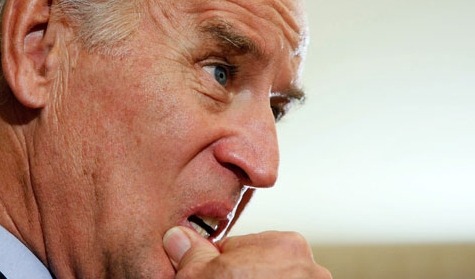In international studies, the “democratic peace thesis” stands out for its theoretical and empirical importance. In summary, this thesis posits three fundamental axioms: a) the monadic: democracies are more peaceful than authoritarian regimes; b) the dyadic: “democracies rarely wage war against each other; and c) the systemic: the more democracies there are, the more peaceful the international system will be. A substantive debate has developed over the years between proponents and detractors of this thesis; however, it seems necessary to comment on the problematic nature of its use as a foreign policy dogma.
The thesis has its normative origin in a book by the philosopher Immanuel Kant in 1795: Towards Perpetual Peace, A Philosophical Project. Two main maxims are put forward there: the expansion of a federation of republics as a formula for world peace and the consultation of philosophers about its conditions of possibility. Kant’s ultimate aspiration, however, was for a world republic governed by cosmopolitan law and universal hospitality, a fundamental distance from contemporary uses of the “democratic peace thesis.”
How did what had been a reflective exercise become dogma? It was from the time of U.S. President Woodrow Wilson and his famous Fourteen Points for World Peace that a sort of “missionary ideology” was established, charged with “evangelizing” other corners of the world with U.S. values and forms of government. It also became a cornerstone of the Cold War by providing the basis for President Truman’s 1947 doctrine. It is not the division of the world between communism and capitalism, but between democracy and authoritarianism, which delineates the outlines of the confrontation with the Soviet Union.
The thesis of democratic peace today
Far from disappearing with the fall of the Berlin Wall, the “democratic peace thesis” has not ceased to spread its attraction among the American elites. It reached its media fame in the 1990s with Francis Fukuyama’s “end of history” argument, Clinton consecrated it as the guiding axis of his foreign policy, George W. Bush took it to the extreme in Iraq and Afghanistan with the “offensive wars” after 9/11, Obama reissued it in Libya and with the impulse to the “Arab Spring” and Trump vindicated it in his crusade against the Huawei company and “Chinese authoritarianism”. Nothing is lost, everything is transformed.
The recent publication of the Interim National Security Strategic Guidance shows a Biden administration determined to take an increasingly rigid, dogmatic and polarizing line on the challenge posed by a “totalitarian China”. Supporting Xinjiang’s Uyghur minorities, shoring up Hong Kong’s democracy movement, or staunchly defending Taiwan are decisions that have a common thread: the vision of a world divided between democratic nations and aggressive dictatorships that seek to undermine it, in which only the United States, together with a league of democracies, would offer the longed-for salvation.
Recent moves such as the proposal to reaffirm NATO by bringing in India, or the attempt to include South Korea in the quadrilateral alliance between the United States, India, Australia and Japan known as the Quad are risky bets in favor of democratic coalitions à la carte to counter China and Russia. This is compounded by a more intransigent posture toward Beijing as witnessed in Secretary of State Antony Blinken’s chilly meeting with Chinese officials in Anchorage, Alaska. Part of the problem is a misperception: the United States believes it can still speak to China from a position of strength.
Biden and Latin America
If the so-called restoration is about insisting that democracy is the best political system, it suggests that the Biden administration is not ruling out pressuring Latin American countries and making interventions in order to “defend democracy and human rights.
The qualifications in a recent State Department report of Venezuela as an “illegitimate regime”, Cuba as an “authoritarian state” and Nicaragua as a “corrupt regime” show the use of more sophisticated language to identify “illiberal threats”. The extension of the decree declaring Venezuela an “unusual and extraordinary threat” to security or the open pronouncement on the rule of law in Bolivia foreshadow ironclad monitoring, economic sanctions and/or covert actions, without ruling out the use of force, against countries sympathetic to China and Russia in the region. It is geopolitics that lies beneath the veil.
U.S. presidents say that the world to be safe must be as much like the United States as possible. Fortunately, the temptation to impose political regime changes in other countries in Washington’s image and likeness has two major counterweights in current times: the strong rejection by American society of involvement in “eternal wars” and the sharpening of internal political-ideological polarization. Now that the world’s oldest representative democracy is going through one of the most fragile moments in its history, the major task will be to demonstrate that the system still works.
*Translation from Spanish by Emmanuel Guerisoli
Photo by Floyd Brown at Foter.com











